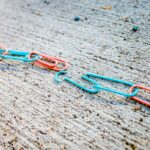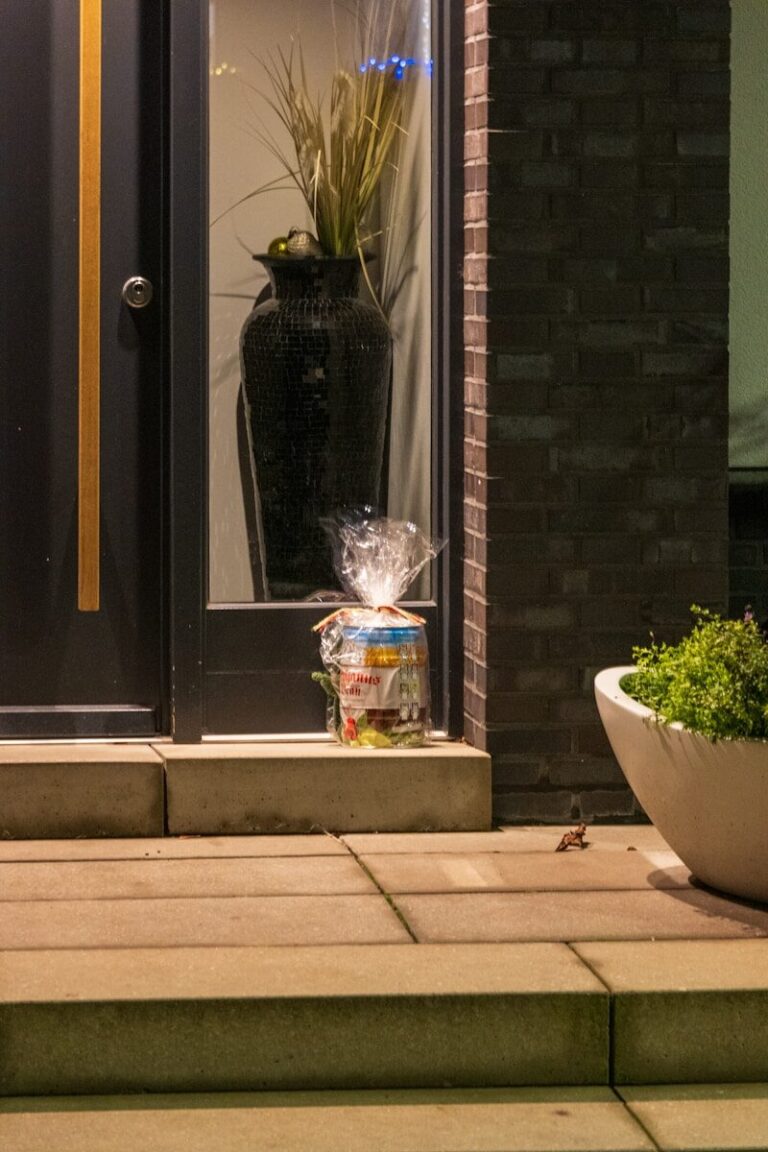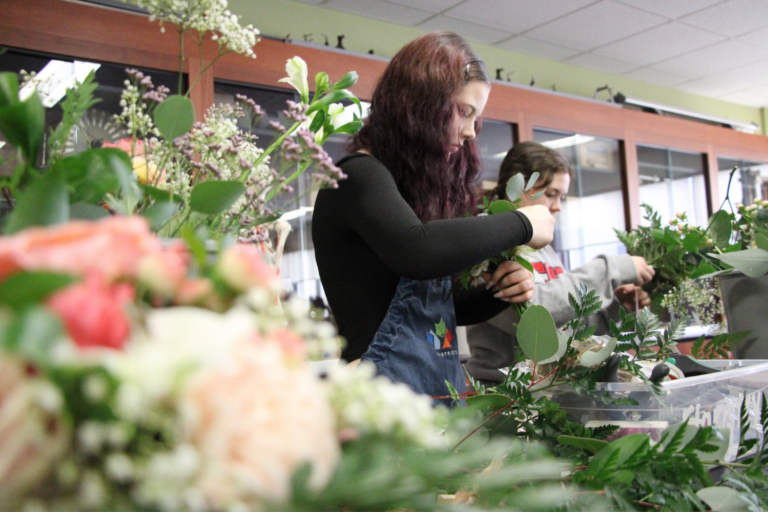
Original paint, never been restored, no lowball offers, I know what I've got... Serious buyers only, no tyre-kickers
“You spend a good part of your adult life acquiring things: building a home, filling it with objects that please your eye and make you feel comfortable. Then you spend the last part of your life trying to figure out how to get rid of it all.” Lauren Bacall
I have seen many homes, and many collections, of every sort of acquired item. There is no limit to what people collect, keep or just build up in their lifetimes. When there is no limit, I think I can say confidently that I have seen it all. Some examples are a huge car collection, of military tanks, aircraft, watches, paintings, sculptures & artwork and everything else your imagination can come up with. The majority of the population, no matter where they live in North America, have households of everything under the sun, from items of high value to items that just hold memories. Acquired from trips, family and items picked up throughout life’s journey. The saddest part is an elderly person or someone who has passed, and there is a full house packed with objects that were held dear and near to that person. Family members or persons tasked with going through the belongings of someone might not know the relationship or meaning of the item to its owner. Or if the item was something of great value unknown to who is now tasked with going over the household contents. As we age our ideas and priorities change or we lose interest.
The Sad Reality:
We have attachments to all of our possessions regardless of their value. It can be a young child attached to a favourite toy, or an elderly woman forgotten by friends and family. For many, our possessions are a reflection of trying to keep a hand on things or the loss of control in one’s life, and that sense of control and empowerment is transmitted to our possessions. It does not matter what is owned. Most items have an attachment with their owner. In many cases, the owner would think that what they own is far more valuable than its actual value. Think of the person who has a beaten down object, maybe not working, or somewhat damaged, stating, “No lowball offers, I know what I got.” Or the person who states there was one on eBay and they were asking $ 1,000.00 for the same thing. If it was not listed as sold or as a completed sale, they can ask whatever they want. It does not mean that the item has that assigned value. And there is no relationship to its actual value. Generally, all personal property & household contents have gone down in value.
Value or No Value
Whatever you own, and are willing to sell or donate, everything has some value. If you offer something for sale and start getting many calls, that is one indication that you might have something. Determining its value is another matter. Or if you list something for sale, and you do not get one call. It might be priced too high or there is no demand. Then there are the professional buyers of everything. Just look at a newspaper or online publication. There are ads for estate buyers, Antique dealers or general household content buyers. Many times I have come across a family that sold a coin or stamp collection for an amount, not realizing that some of the coins or stamps had very high values. Far more than what was offered. Or decorative furnishings, furniture or century-old objects of vertu. Jewelry, which everyone has, has become more valuable for its melted gold price. Many people will point to their 1 page appraisal report which states an amount. Unknown to many persons, that the value stated on such a report is for the replacement cost of a like or similar piece. The fair market value for a jewelry piece can be much lower.
The 69,000 Dollar Question:
imagine that you are a millionaire on a sinking ship, with thousands of dollars in your pocket. There are no life jackets for sale at any price. No lifeboats to buy a seat to be saved. No sellers are to be found. Now imagine you are a seller along with hundreds of other sellers. Once the few life jackets are sold or seats on the lifeboats are all sold. There is nobody else to sell to. But hundreds of sellers still have something to offer. Right now, there are more sellers of household contents and everything else that can be sold. As the economy changes (Some say for the worse) people will start to liquidate everything that is not central or useful in their lives. Knowing what you have and doing the research might net you some surprising results. Or you find out that you spent 3 hours trying to research something that is not worth more than $5.00.
The owner of the personal property has to decide. And it’s best to decide while you can still make decisions. If something is important, record the details of the item, its value, and its history. Letting go of material possessions can allow you to move forward.









